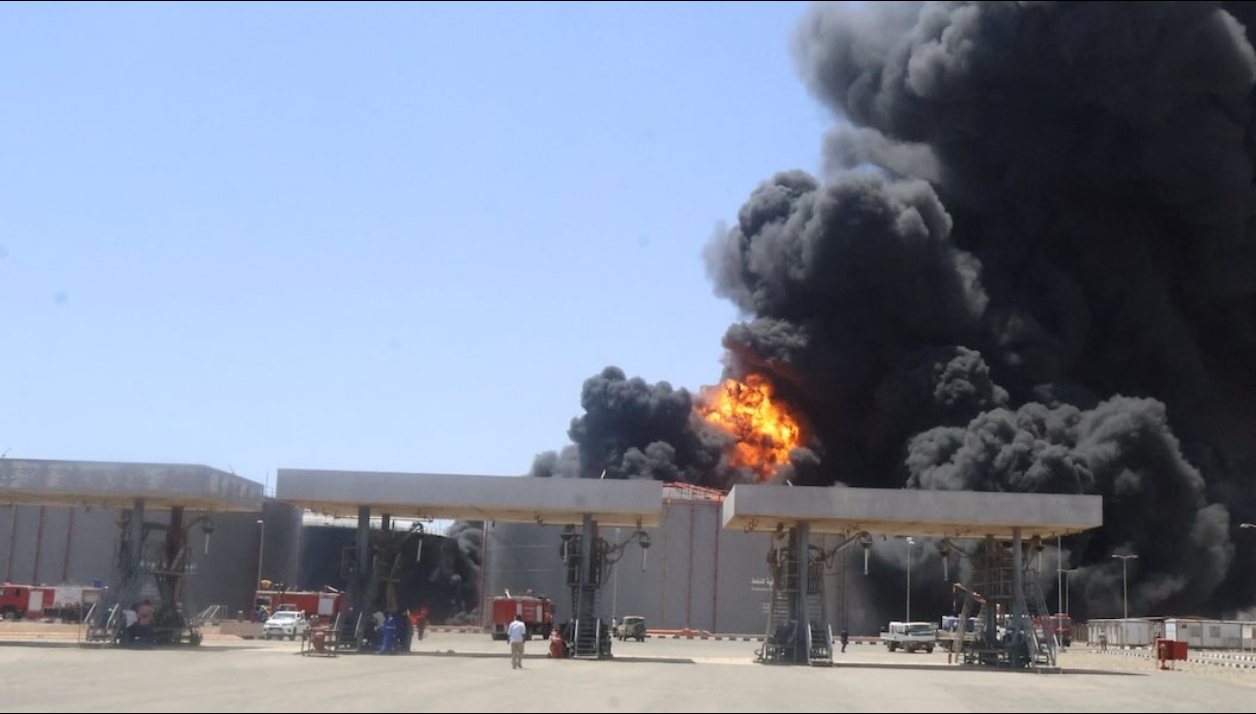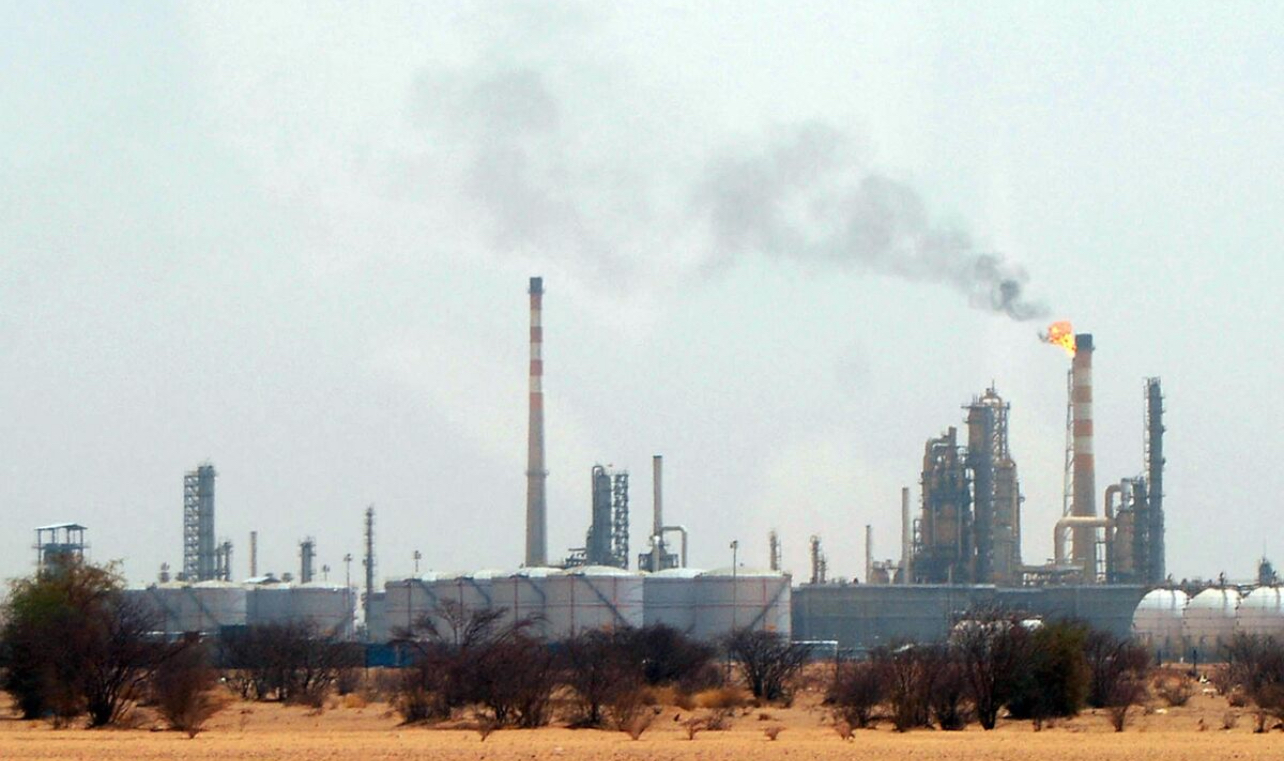 South Sudan has resumed its critical oil exports through Port Sudan after a brief suspension caused by a series of drone attacks attributed to Sudan’s paramilitary Rapid Support Forces (RSF). The attacks targeted key infrastructure in Port Sudan, including fuel depots and the Osman Digna Air Base, leading to significant disruptions in oil export operations.
South Sudan has resumed its critical oil exports through Port Sudan after a brief suspension caused by a series of drone attacks attributed to Sudan’s paramilitary Rapid Support Forces (RSF). The attacks targeted key infrastructure in Port Sudan, including fuel depots and the Osman Digna Air Base, leading to significant disruptions in oil export operations.
The RSF’s drone strikes, which began in early May, marked a significant escalation in the ongoing Sudanese civil war. Port Sudan, previously considered a safe haven and administrative center for the Sudanese government, experienced its first such attacks since the conflict’s onset in April 2023.
In response to the attacks, Sudan’s Ministry of Energy and Petroleum issued directives to halt the handling of South Sudan’s crude oil exports, citing the high risk posed by the RSF’s actions. This suspension threatened South Sudan’s economy, which relies heavily on oil exports for revenue.
However, after swift repairs and security assessments, South Sudan announced the resumption of oil exports through Sudanese territory. The pipeline damage, previously caused by clashes between the Sudanese army and the RSF, had been addressed, allowing for the restoration of oil flow to Port Sudan.
 The resumption of oil exports is crucial for South Sudan’s economy, as oil sales account for over 90% of the country’s revenue. The government emphasized the importance of securing the export route to prevent future disruptions.
The resumption of oil exports is crucial for South Sudan’s economy, as oil sales account for over 90% of the country’s revenue. The government emphasized the importance of securing the export route to prevent future disruptions.
The international community has expressed concern over the escalating conflict in Sudan and its broader implications for regional stability. Efforts are ongoing to mediate between the conflicting parties and ensure the safety of critical infrastructure essential for South Sudan’s economic well-being.
As South Sudan navigates these challenges, the government remains committed to maintaining oil production and export levels, recognizing the sector’s significance to the nation’s development and prosperity.

